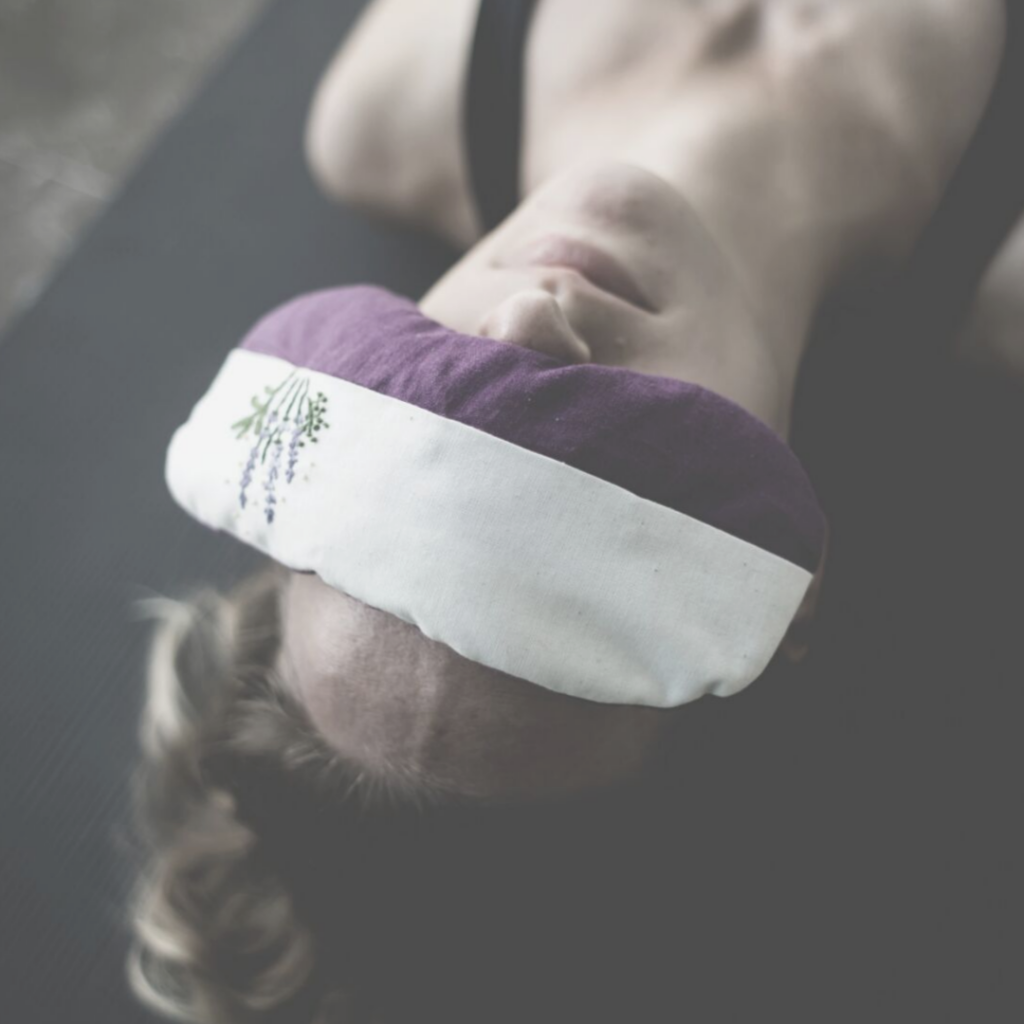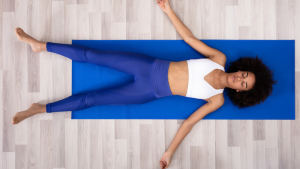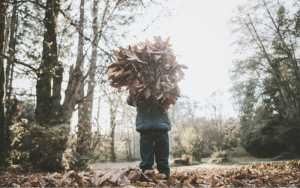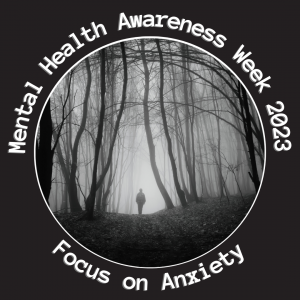I mentioned in part 1 that there is no universal stress reduction strategy and effective stress management requires a multidisciplinary approach. What a great about both these statements is that it gives you choice
Lifestyle tips to help you manage stress
As long as you live, there will be more stress, some of which will bookend the happiest events of your life, and you don’t want to miss those. So what to do? Running around the local park or doing Tai Chi might be great for some people, but others will find these activities tedious and more stressful. The list below aims to offer approaches to reduce the uncomfortable body symptoms and the distressing emotional effects of stress. Hopefully, one or a combination of some will work for you.

- Get enough sleep in a quiet, dark tech-free room. Earplugs and an eye mask plus a last century alarm clock are easy and cost-effective solutions if light noise and tech are problems.
- Exercise – any movement will work, but these are at the top of my list because they have a holistic somatic (body) approach:- Hanna Somatics, Mindful Pilates, Feldenkrais, Qi Gong.
- Walking in nature; in a park, a wood, a forest or by the sea. If that’s, not an option, play the sounds of nature as you go for a stroll in your neighbourhood.
- Creativity: art, craft, dance
- Rest – proper rest which is rest you do by doing absolutely nothing
- Aromatherapy
- Nutritional supplements, see advice from some qualified.
- Visual imagery / Self-hypnosis / Meditation
- Affirmations
- Journalling
- Talking therapy, Human Given has a great approach.
- Prescription medication is also sometimes a useful short-term measure.

- Eat a well-balanced diet, top up with supplements if needed.
- Avoid excessive caffeine and other stimulants
- Understanding the importance of true relaxation, can you relax by doing nothing?
- Movement matters, are you appropriately active?
- Explore creative hobbies, or take up a new one.
- Get outside for at least 20 mins a day whatever the weather
- Ask for help if you are struggling. When your partner, family or colleagues ask how you are, don’t say you are fine if you are not. If it’s not the right time or place to talk, arrange to meet up or speak at a later date. There is support available, and most people like to help.
What’s new
The focus more recently has been on identifying the sources of stress in our lives, the stressors and find ways to reduce their impact. By helping people affected to learn how to change the way they react and respond to stressful events, they can build resilience against future episodes.
Dietary tip
Suppose you start your day feeling stressed and are reaching for a carbohydrate-rich snack mid-morning. A high-protein breakfast could help because it will balance your blood sugar for longer. The recommendation is 25-35 grams for women and 30-40 grams for men. If you can’t or don’t like to eat first thing, make sure your first meal is high in protein, not a pastry with a double expresso coffee, sorry!

3-minute stress-reliever
A variety of different techniques can help our nervous system back into balance. The relaxation response is one of the simplest because it’s a braking system that brings our body and mind back into a state of equilibrium.
The relaxation response is a simple yet powerful deep breathing technique. It’s easy to learn, can be practised almost anywhere and provides a quick way to get your stress levels in check. Science supports the relaxation response because breathing is the most potent therapeutic self-help tool which can change body chemistry, and therefore, how we react and respond to stress.
Breathing techniques are a pearl of ancient wisdom and the cornerstone of many other relaxation and mindful practices. It’s a mentally active process that leaves the body relaxed, and the mind calm and focused. So you get the best of both worlds, and in my world science meeting, art is always a happy encounter. This Youtube link will offer you a step-by-step guide to the relaxation response: https://youtu.be/0kWHGDiB0Ng (opens in a new tab)

Summary
We shouldn’t dread stress because it’s not all bad; feelings of anxiety or fear bookmark some of the most joyful events of life. Fortunately, there is a variety of simple self-help approaches that can help avoid the detrimental health consequences of long-term stress.







